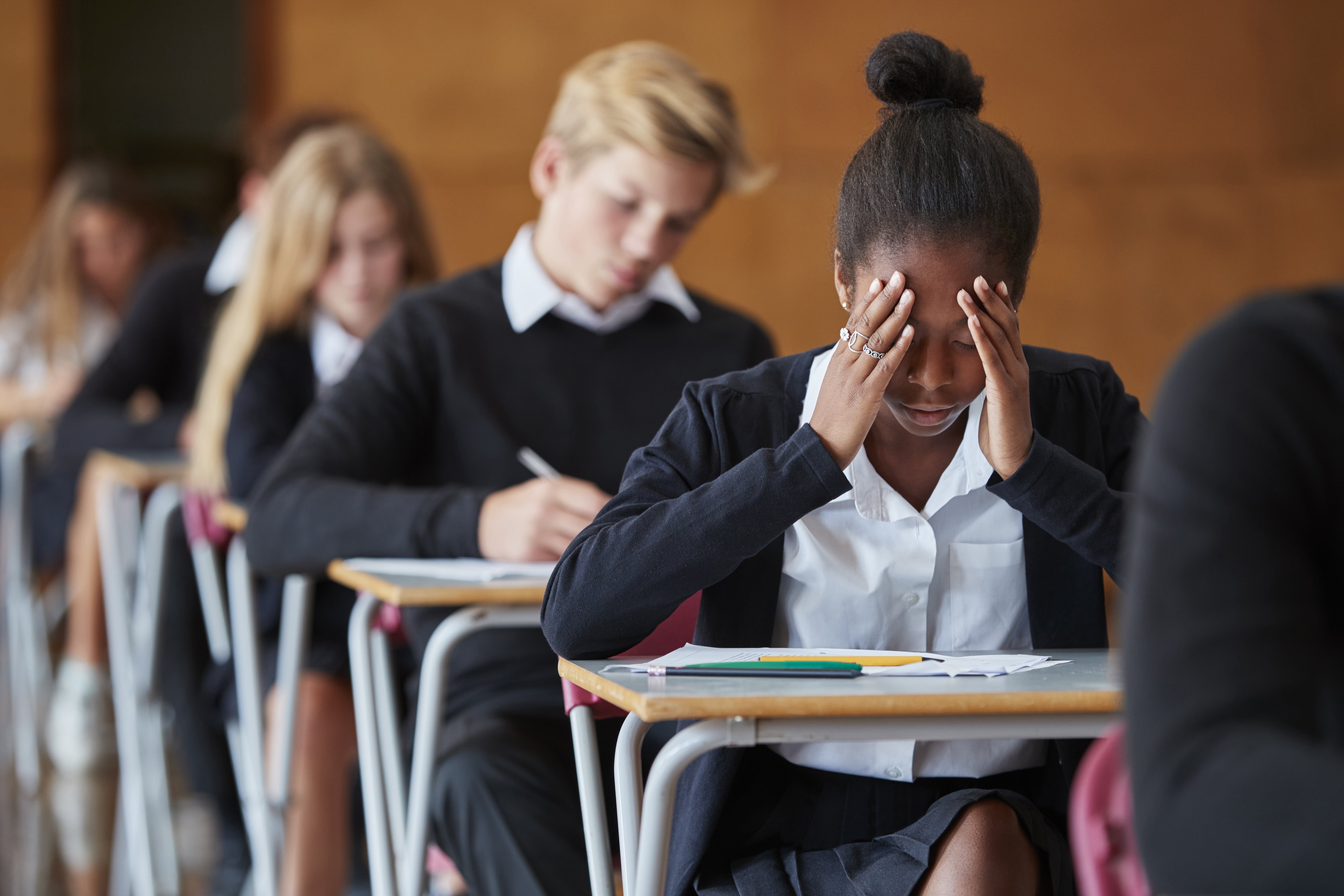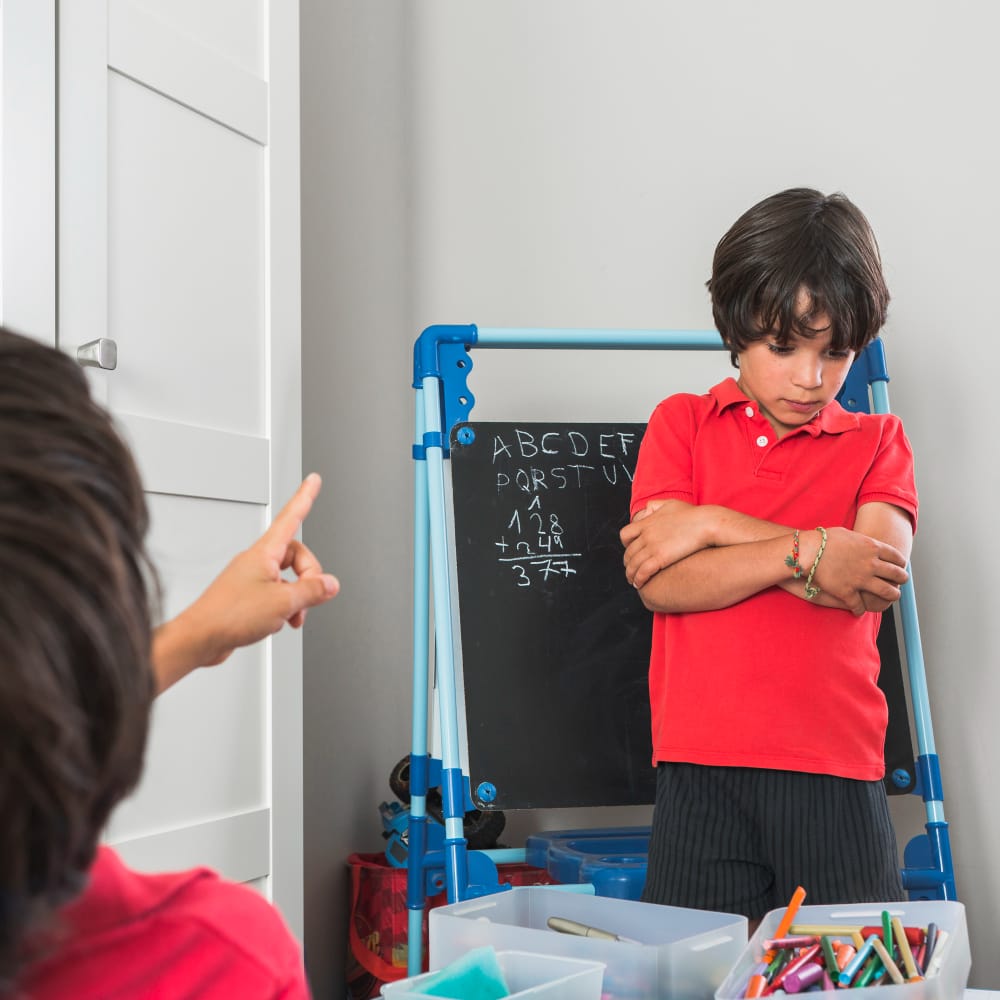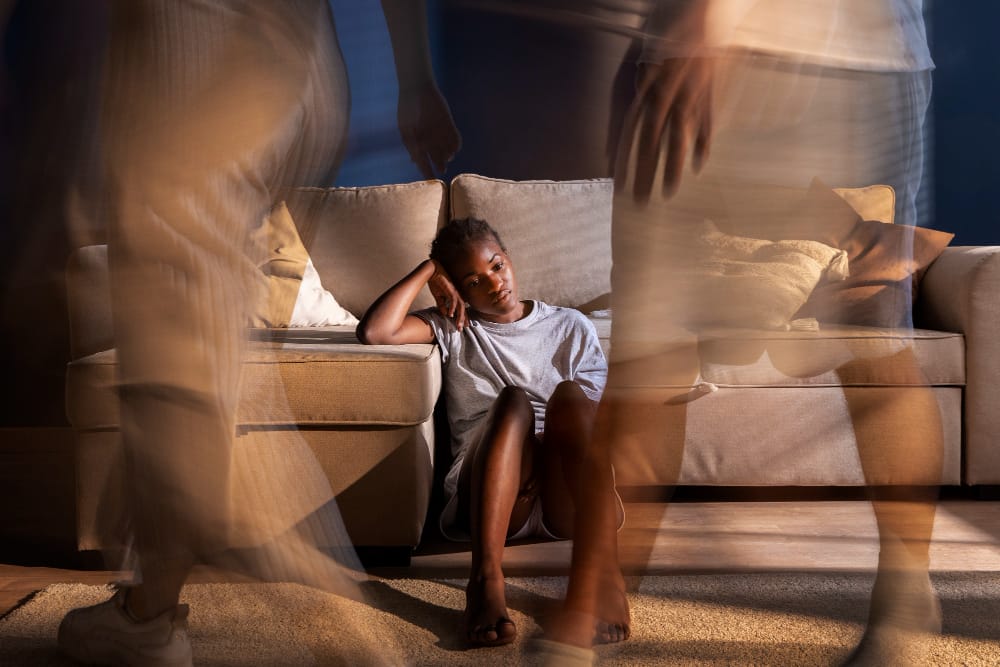From time to time, anxiety in children can be viewed as normal as it comes with life changes and different stages of development. But when should you as a parent become concerned about your child’s anxiety? We answer common questions asked by parents regarding anxiety in children below.
What Causes Anxiety in Children?
Anxiety is prevalent in children at various ages as they go through different life stages. For example, children in the preschool age group may experience phobias like a fear of the dark, or fear of water. Other fears could be linked to a change in schools or exam tests. Such fears subside with time.
However, anxiety in children can prove to be problematic when it starts interfering with other aspects of their daily life. Severe forms of anxiety can cause problems by affecting children’s emotional and mental health and well-being, and when it starts to lower the way they view themselves and they experience a drop in their confidence level.
What Are Signs of Anxiety in a Child?
Signs of anxiety in children may differ from one to the other. Children start displaying symptoms of anxiety when they struggle to express themselves with words, or when they cannot understand what they are feeling or why they are feeling the way they do.
Signs of anxiety in children include:
- Bedwetting;
- Bad dreams;
- A change in sleeping or eating patterns;
- Withdrawal from everyday activities that were once enjoyed;
- A prevalence of negative thoughts;
- Worrying about what might happen in the future;
- Decline in confidence when trying new things;
- Clinginess;
- Irritability and tearfulness;
- Bursts of outrage; and
- Difficulty concentrating.
How Do I Help My Child With Anxiety?
There are things that you can do as a parent can help your child when they experience anxiety. Talking to your child about what they worry about, understanding how they feel and reassuring them are some ways that can ease their frustrations.
Some other ways to help children with anxiety include:
- Trying to stick to regular daily routines that they are familiar with;
- Avoid becoming overprotective or anxious as a parent;
- Teaching your child some simple coping mechanisms, such as deep breathing techniques or adopting a stress ball into these situations;
- Distracting your child on the way to an event or environment they are anxious about helps, such as singing or playing a game;
- If there is a big change approaching in the near future, such as a change in schools, be sure to talk to your child about the changes that may come with it, and why the change is occurring;
- Ensure that your child maintains realistic expectations of themselves. While you can’t promise that they will do well in an exam, you can reassure them that they will be okay afterwards and that there are ways to improve and manage it if it doesn’t happen the way they expect it to.
If your child’s anxiety continues to persist or worsens with time, it may be a good idea to get some help. If you are able to speak to another adult that is within the environment your child grows anxious in, such as the school teacher or principal, that is also a good start. To book a consultation with me for some guidance and assistance, please get in touch with me.




